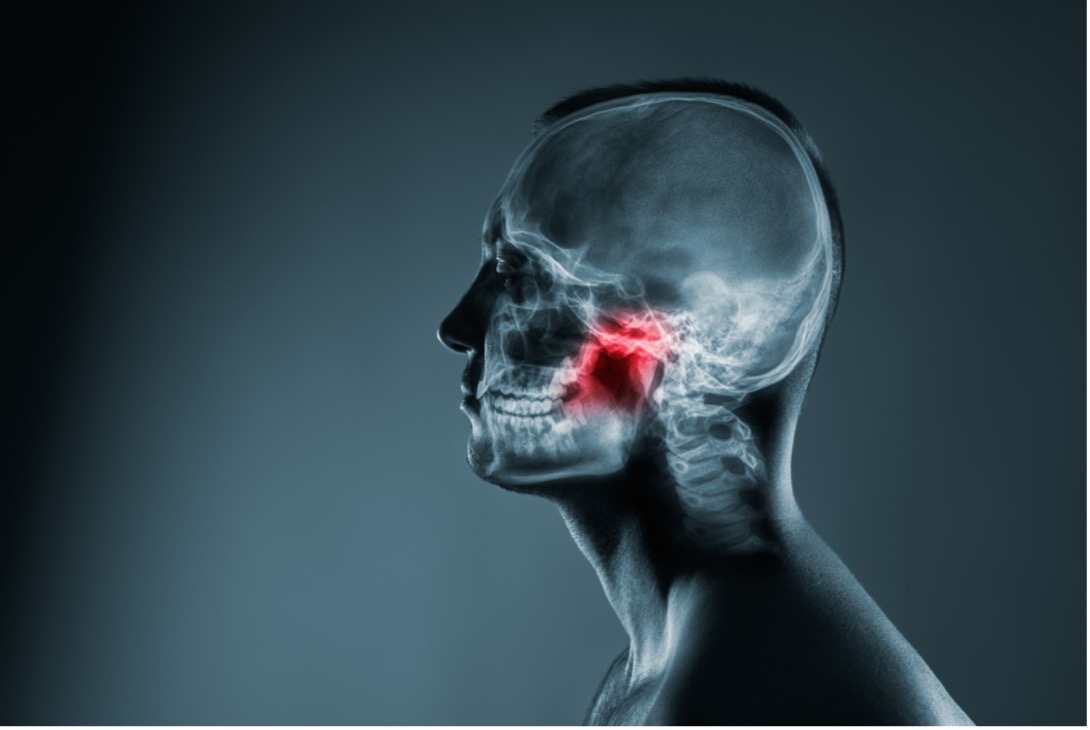 Jaw disorders can make simple things like eating a meal difficult. They can also cause mild to severe pain in the jaw. Causes of jaw disorders include:
Jaw disorders can make simple things like eating a meal difficult. They can also cause mild to severe pain in the jaw. Causes of jaw disorders include:
- an injury to the teeth or jaw
- misalignment of the teeth or jaw
- teeth grinding or clenching
- poor posture
- stress
- arthritis
- gum chewing
- locking of the jaw joint.
Symptoms of a Jaw Disorder
Several different indicators can tell you that you have a problem with your jaw. Some of the more common ones are:
- Pain in or around your jaw joint.
- Earaches or a ringing in your ears.
- Facial discomfort or pain.
- Swelling on the sides of your face.
- Jaw muscle stiffness.
- Difficulty opening your mouth.
- Difficulty chewing.
- Radiating pain around the jaw or your neck.
- Painful popping when you open or close your mouth.
See an Orthodontist if You Have a Jaw Disorder
If you notice any of these symptoms and they persist, see an orthodontist for treatment. “Why see an orthodontist instead of a dentist?” you ask. The answer is training. A dentist trains to care for your general teeth and gum health. They routinely handle things like cavities, teeth cleaning, and tooth extraction. On the other hand, an orthodontist completes an additional 2-3 years of training to specialize in aligning the teeth and jaw using non-surgical procedures.
Jaw Disorder Treatment Options
The first step of treatment is a complete diagnosis of your problem. The doctor will assess your symptoms and physically examine your teeth, face, and jaw. Dr. McDonough will check for any popping or grinding and take x rays of your jaw. After you get an exact diagnosis, we will go over what your treatment options are.
- Nightguards. A typical treatment option is a nightguard which can help prevent your teeth from clenching or grinding in your sleep.
- Braces. Some cases may require braces to correct the problem.
- Jaw Surgery. In some severe cases, a surgeon may need to perform jaw surgery. This procedure involves adjusting or repositioning your upper or lower jaw and is often combined with orthodontic correction like braces.
Note: If your jaw is painful, you can use a heat or ice pack to reduce swelling and relax your jaw muscles.
4 Tips to Prevent Your Jaw Disorder from getting Worse
There are some things you should avoid doing because they place extra stress on your jaw.
- Stop chewing gum – chewing gum makes your jaw muscles work overtime. By giving them a break, they can rest, and your muscles can recover.
- Do not rest on your chin – it’s common for people to sit with their jaw resting on the palm of their hand while they watch a movie or read something. This extra pressure can push the joint out of alignment.
- Do not eat hard-to-chew foods. For example, taffy and bagels are delicious, but they are tough on your jaw and require a lot more work from your jaw. That extra stress on your jaw can overwork it and inhibit recovery.
- Avoid chewing with just one side of your mouth – when you only (or mostly) use just one side of your mouth to chew, that imbalance can throw your jaw alignment out of whack.
Summary
Jaw disorders are not fun, but by being aware of the problem and getting help, you can avoid long-term damage and pain. Here at McDonough Orthodontics, we specialize in dentofacial orthopedics which means we specialize in treating jaw disorders for both children and adults. If you have any difficulty with your jaw, contact us today to get help!
Dr. David McDonough
